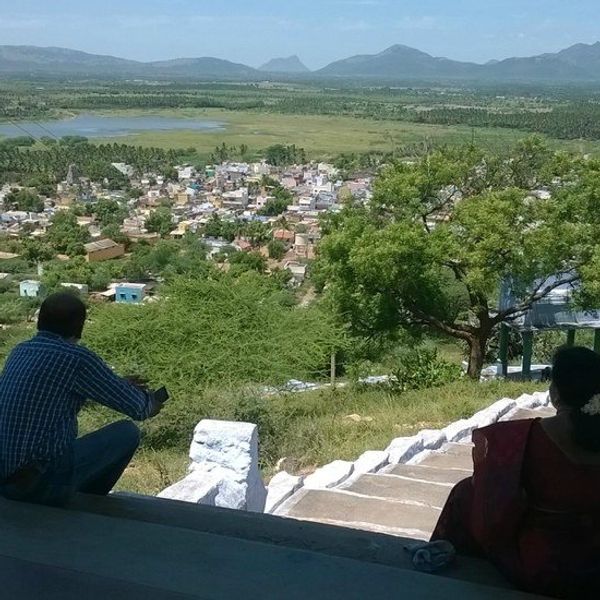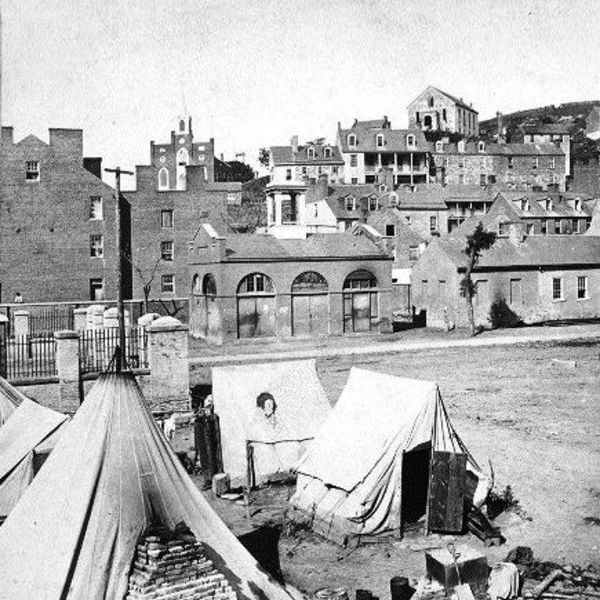The bus collected our group from the San Diego airport. We were excited to spread "the word," build a church, and touch the lives of the less fortunate. I was 15 years old, a month after finishing my freshman year of high school, ready for my first short-term missions trip.
When we crossed the southern border of California and entered Baja, Mexico, there was a lot of crying on the bus. My teenage peers were appalled by the buildings we passed down the highway, walls crumbling and paint faded. We were dropped off an hour from Tecate, the city we would serve in.
There was one issue: we were delivered to a lavish hotel straddling the beach, complete with mariachi bands and wealthy people on horses.
It doesn't take much brainpower to do the math. The money we spent to "serve" the people of Tecate was largely being allocated to our own rooms, meals, bus fare, and flights. The remaining funds were used to buy materials to build a church and a small house for the Pastor of the new "plant."
At the time, the group was generally in good spirits. Why wouldn't we be? We were establishing walls that would save souls and introduce a new, holy way of living. We went house to house preaching the Gospel in broken Spanish. We high-fived cute kids who ran around barefoot. We painted the church while listening to music we liked. Besides, this was undoubtedly the first time these people had heard such a life-changing message, right?
Looking back now, I think that the whole trip was really, pretty messed up.
The Journal for the Scientific Study of Religion (2006) estimates that 70% of Hispanics consider themselves to be Catholic, and an additional 20% think themselves to be Protestant or another form of Christian. In Mexico, other sources put the estimate of Catholics at 83% in the 21st century, a drop from the approximately 96% in the 1970s.
In other words, there was definitely a real Christian presence in Tecate without us.
How could we, Americans, justify spending all this money to stay in a Mexican city close to the U.S. border and then invest the remaining funds into a church, believing the lie that this would somehow fix everyone's lives overnight? It's not like the church solved poverty. It's not like any of the townspeople were a stranger to Christianity (unless you somehow considered Catholicism to be some other religion altogether which some of the group members surely did).
When I look back, I see this trip as being built on two pillars: a false sense of religious accomplishment and a fetishization of other cultures.
A false sense of religious accomplishment festers when individuals busy themselves with things deemed religious in nature, but in actuality serve their human desires to feel important and subjugate others.
This subjugation portion feeds into the fetishization of other people and cultures. It can cause one to look at people who are in some way different than themselves and think, "How interesting how they do that in that way, how unique, how silly — let me show them how to do life properly."
It's these thoughts that may appear innocent in nature that actually reveals the parts of ourselves that relish in our own egos. It's less service than it is being served. It's using other cultures we view as less than as a form of twisted entertainment.
If we are to truly help those who don't have the luxury to buy Fiji water at airports or subscribe to Netflix and Hulu and cable, or I don't know, drive in a nice car that gets washed a every few weeks, maybe we should not be funding our own vacations and hiring a Mexican clown ministry to help open the new church (yes, this really happened). Perhaps, we should pool our resources together and stretch each penny to its full capacity.
In my first semester of college, I took a course called "globalization." I loved it. We explored the interconnected nature of our world economically, culturally, and even religiously. We looked at issues such as these and pondered what an effectively altruistic world would look like.
One class, we watched a few TED Talks. There's a pretty respected man named Peter Singer who did one on this exact topic called "The Why and How of Effective Altruism." Perhaps you've watched it. In this TED Talk, Singer argues that many of our efforts to give are motivated primarily by emotion and not rationality.
Emotion, of course, is not inherently a bad motivator. Emotion motivates us to love others, apologize for our wrongdoings, and smile when we see acts of kindness. They can drive us to submit to God and repent. It is also these kinds of emotions that let us fall into traps that can make us feel good about ourselves without actually contributing to the bottom line of issues.
For example, did you know that by spending $10 a month with the Malaria Consortium, you can provide two mosquito nets which can protect four at-risk people for up to three years? That seems like a pretty good deal.
On the other hand, if I remember correctly, my Baja missions trip cost me about $1,400 (not including airfare). If we directly translate this, I very well could have provided nets for 560 people for up to three years. That's 560 lives.
So why, then, did I go on this trip? Many reasons. My friends were going. I wanted to be a "good Christian." I thought I was doing a respectable thing.
Did I experience any spiritual fulfillment from my time in Baja? Of course! We saw some crazy things happen. Deaf people heard. Lame people walked. It was super cool! But was any of that — any of that — because us Americans rolled up our pants and decided to help those poor, unfortunate Mexicans? Was it because we were somehow more spiritual and right and more loved by God? Was it because there was a brand-spanking-new church in the city with nice freshly painted walls?
I'm not sure if I buy that anymore.
Many of the individuals who went on this missions trip came back feeling fulfilled and were, as we would call it, "on fire for God." But that is precisely the issue… we don't remember the names of those we helped. We don't visit Tecate anymore. We don't talk about what those people did for us. We talk about what we did for them. We are the ones on fire. It was all about us.
So, yes, I'm not too fond of the whole concept of short-term missions trips to borderline impoverished nations. If you really want to save some lives and point others to Christ, give them a chance to live in the first place. Make sure they have drinkable water. Get them the medications they need. Provide nets. From there, they can find God through their own journey.
Spoiler alert: they don't need you to find God. Our God is much larger than our efforts alone. We are just a piece in a vast, complex creation — a creation that includes all of humanity, not only the Protestant Christian identifiers.





















